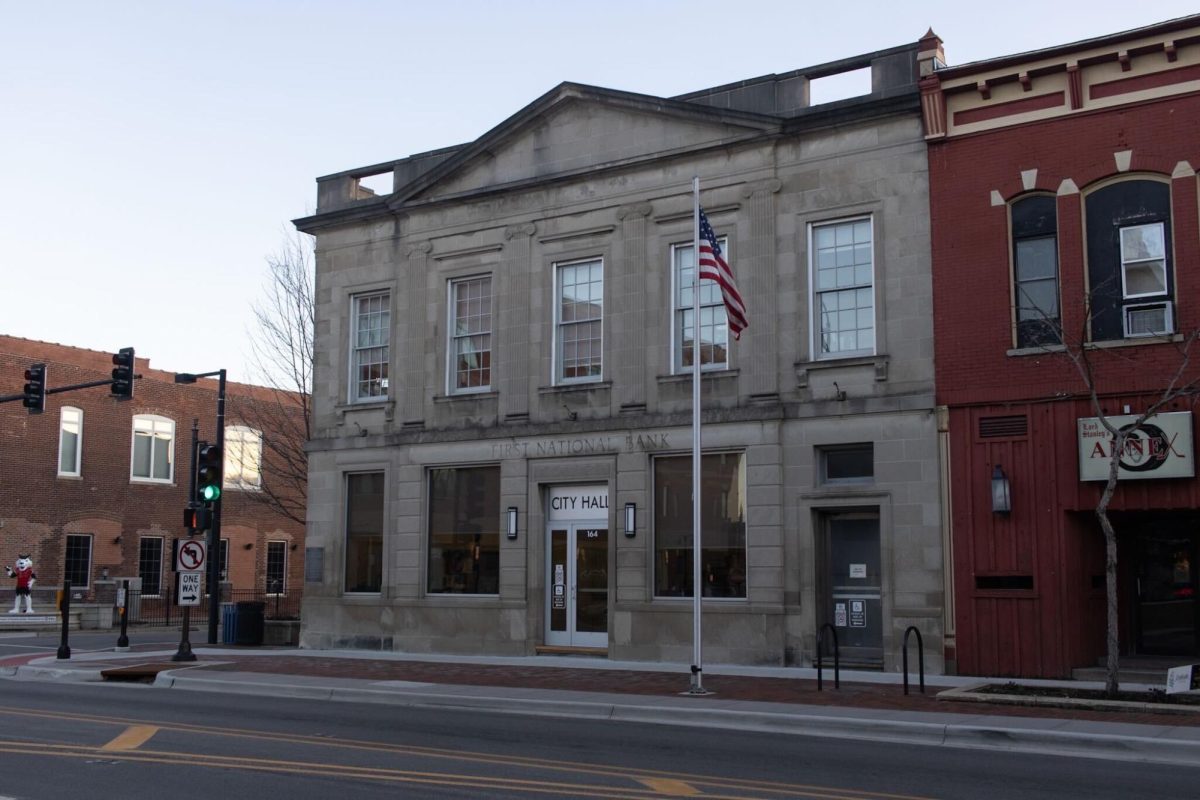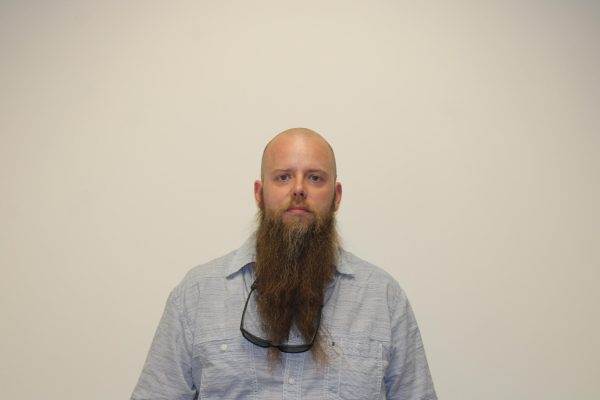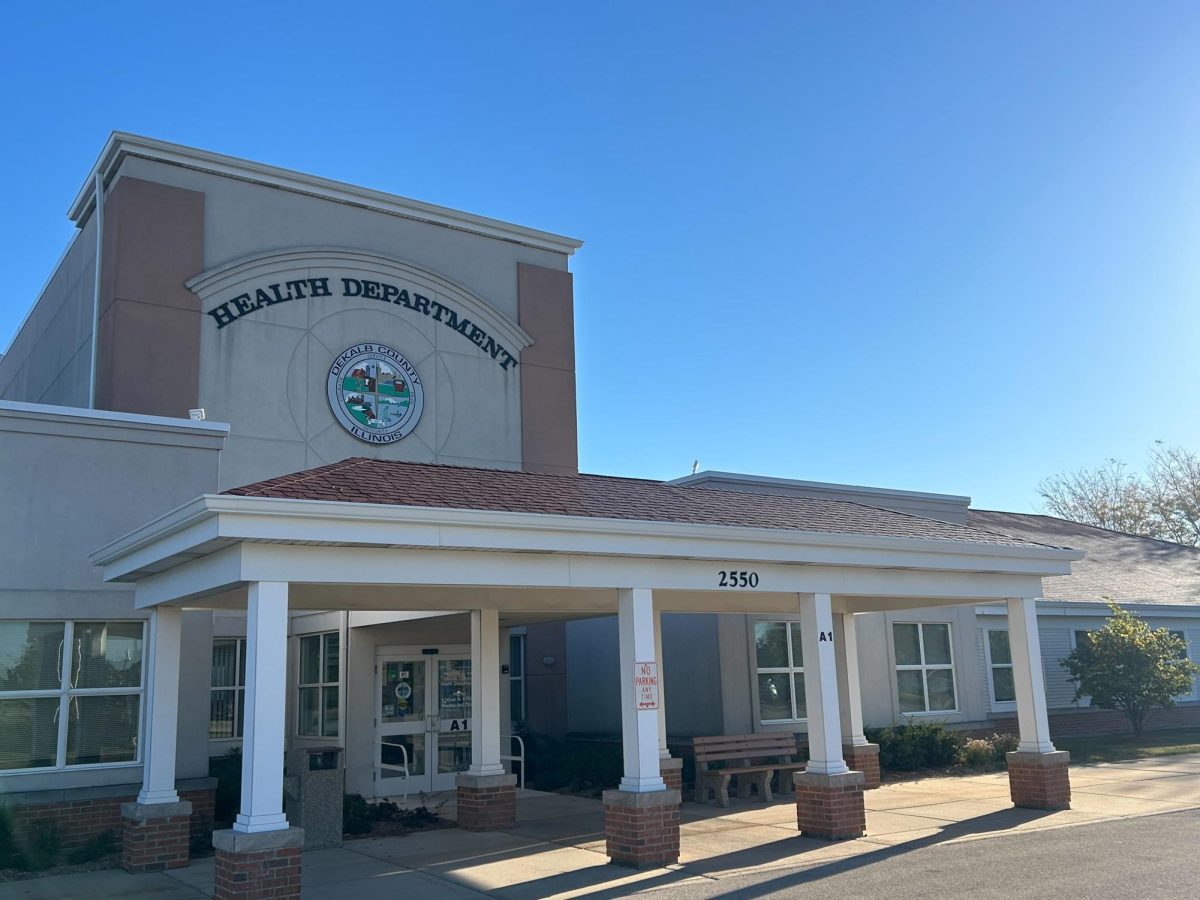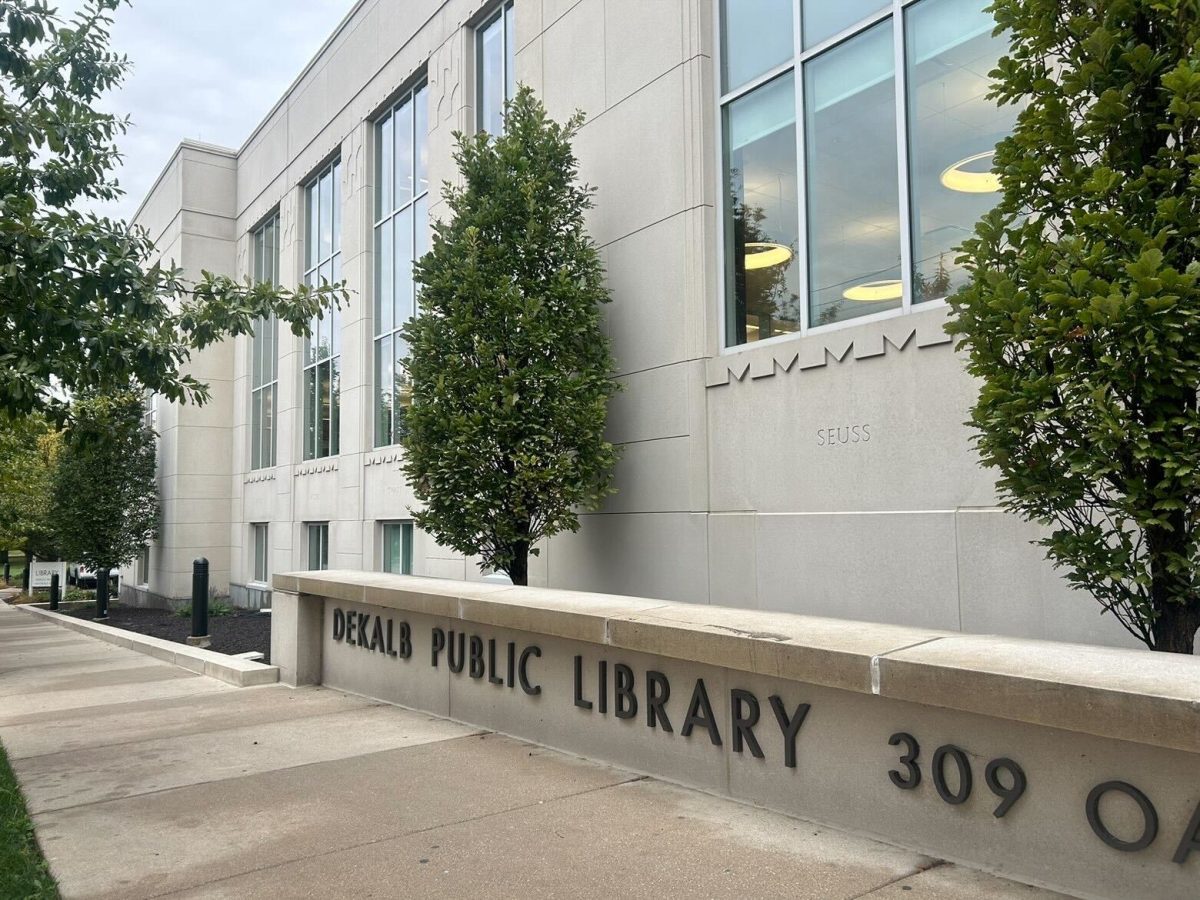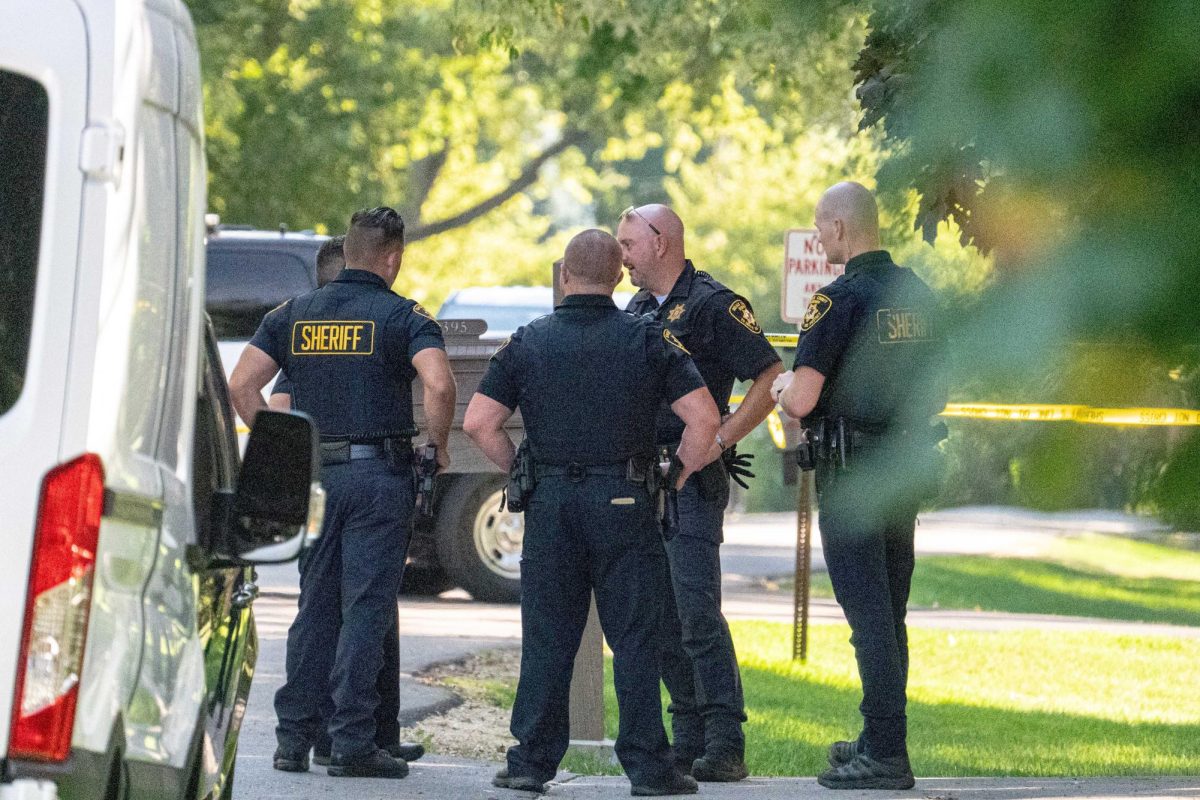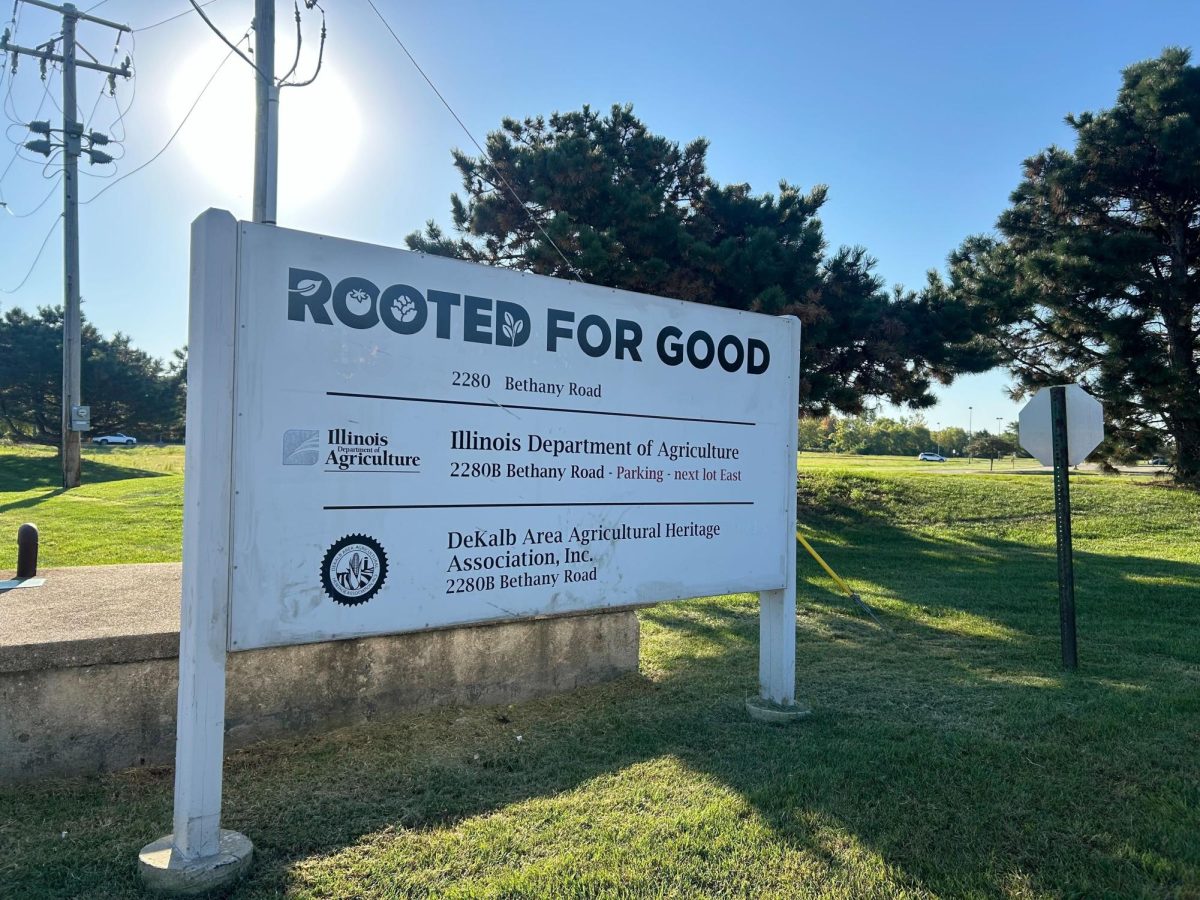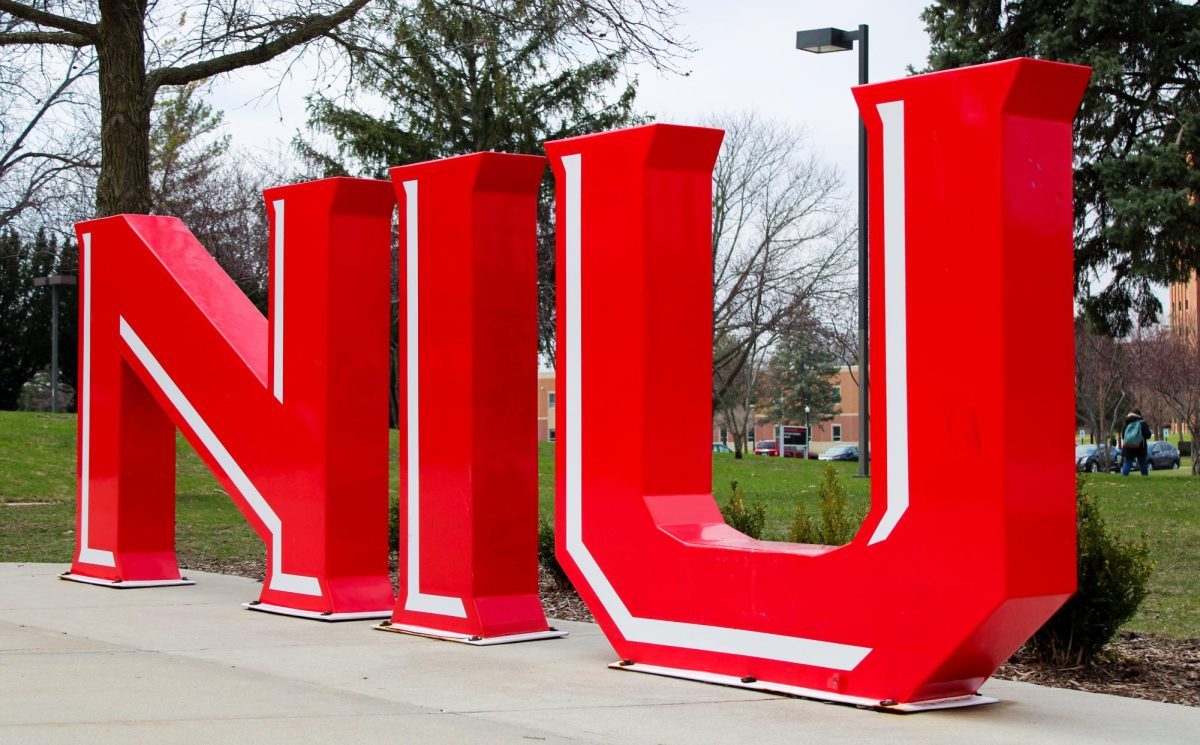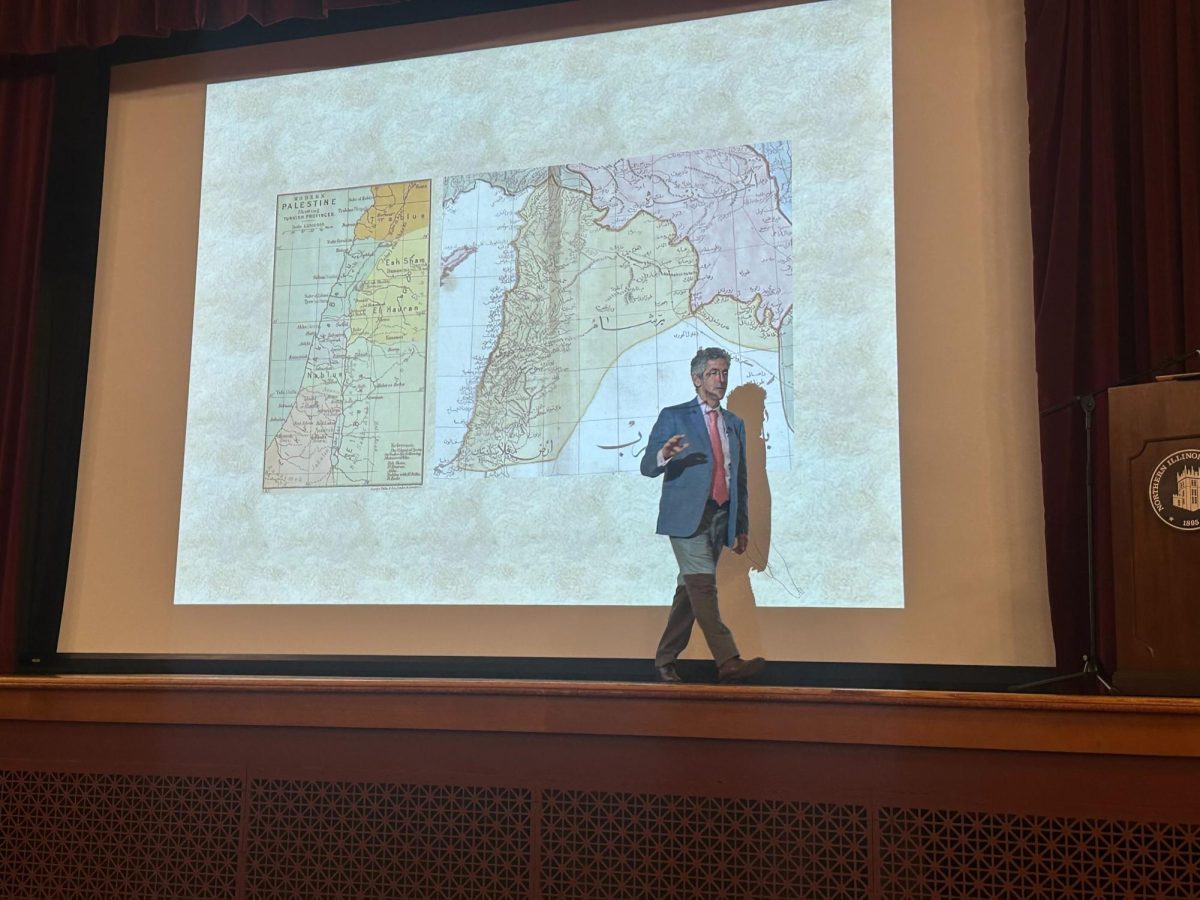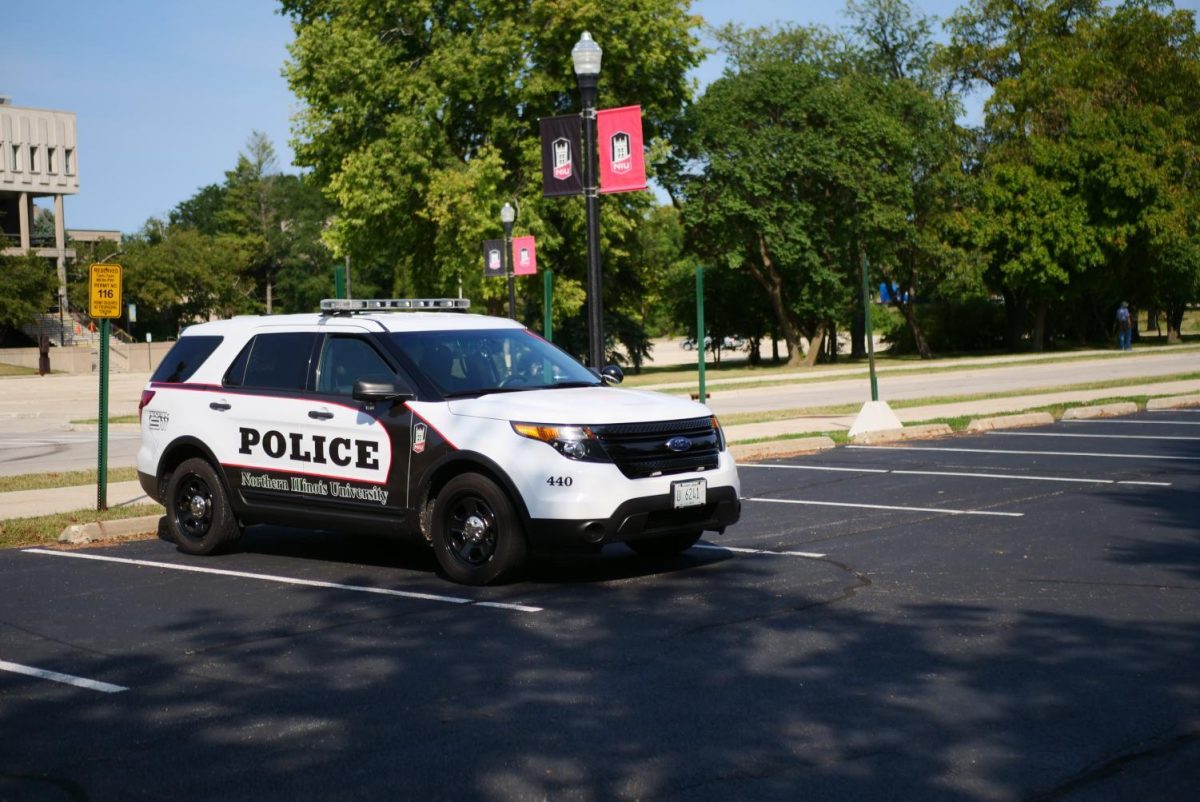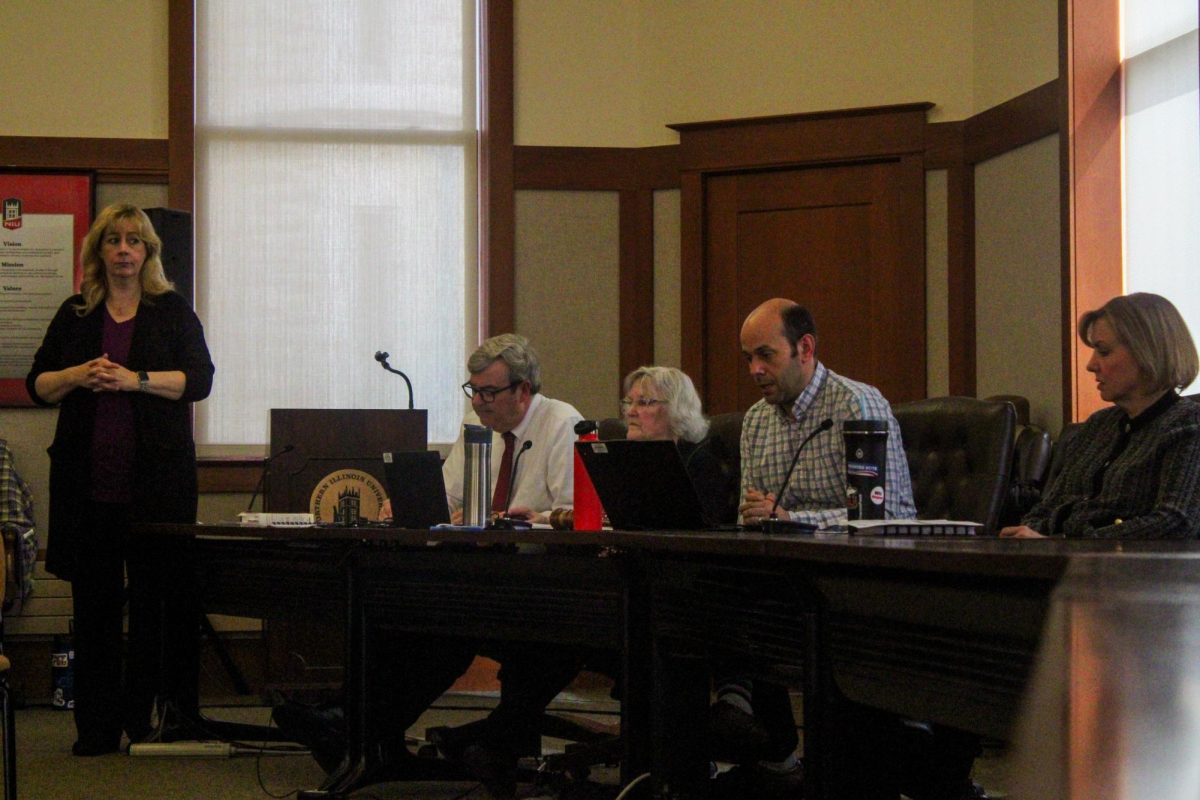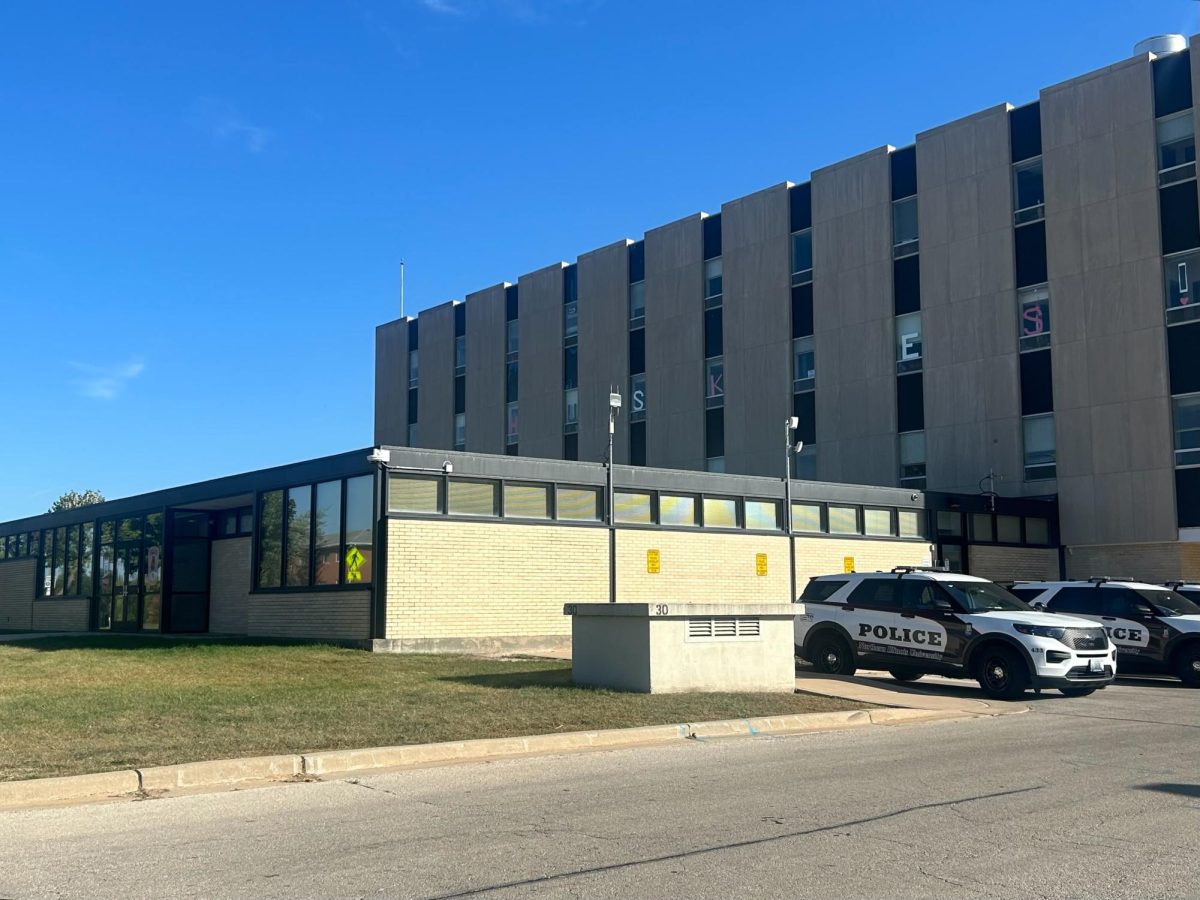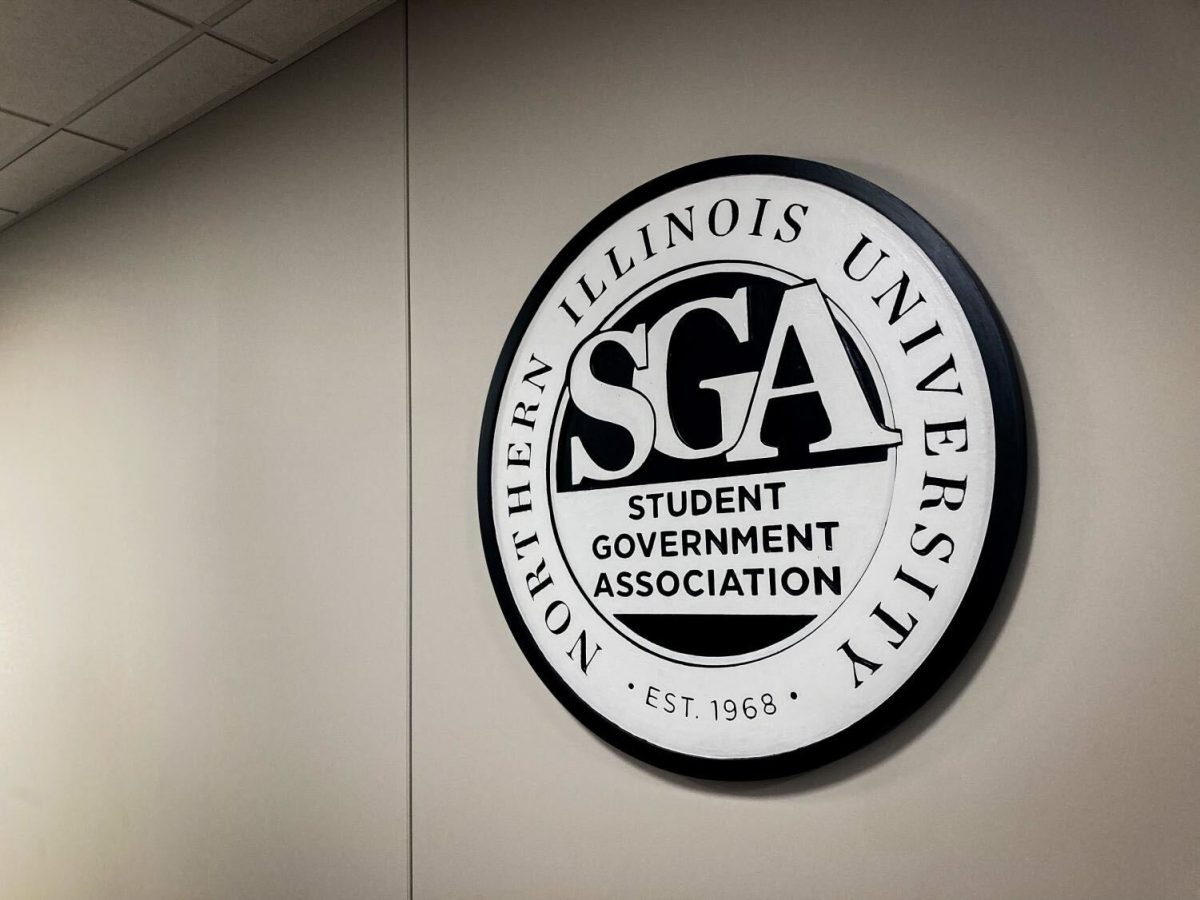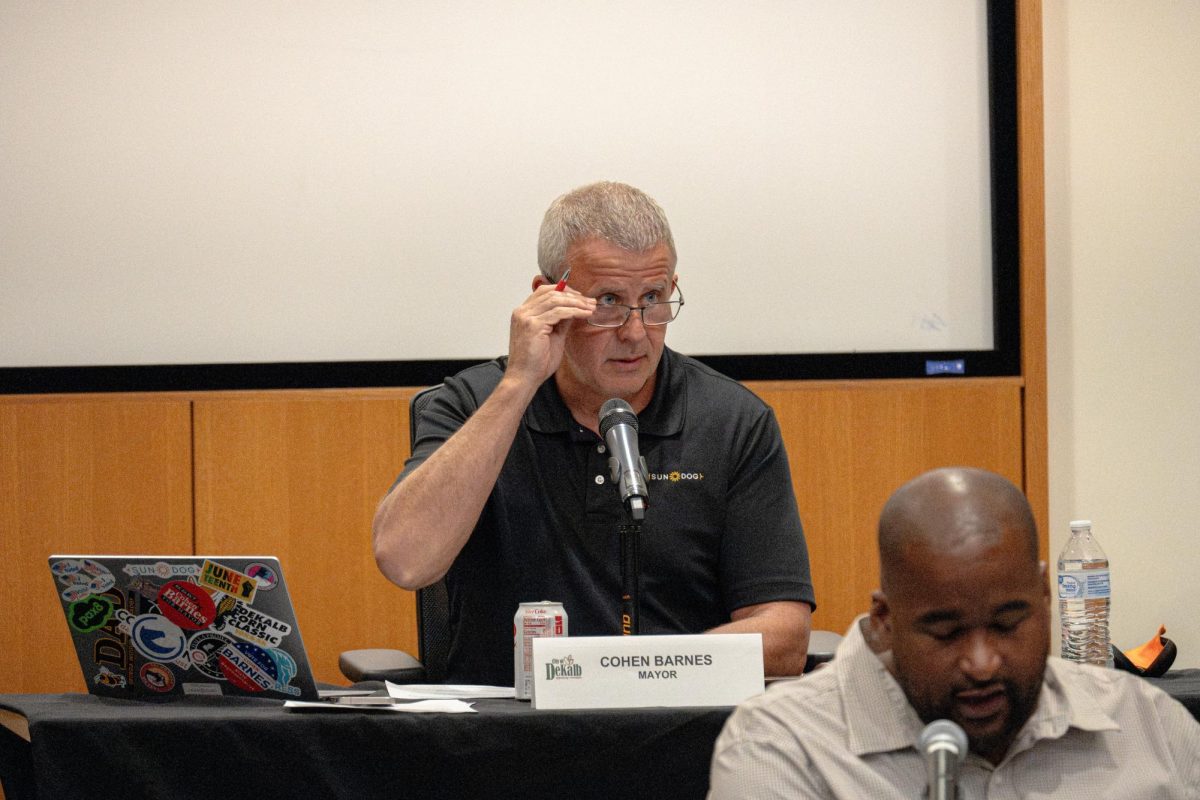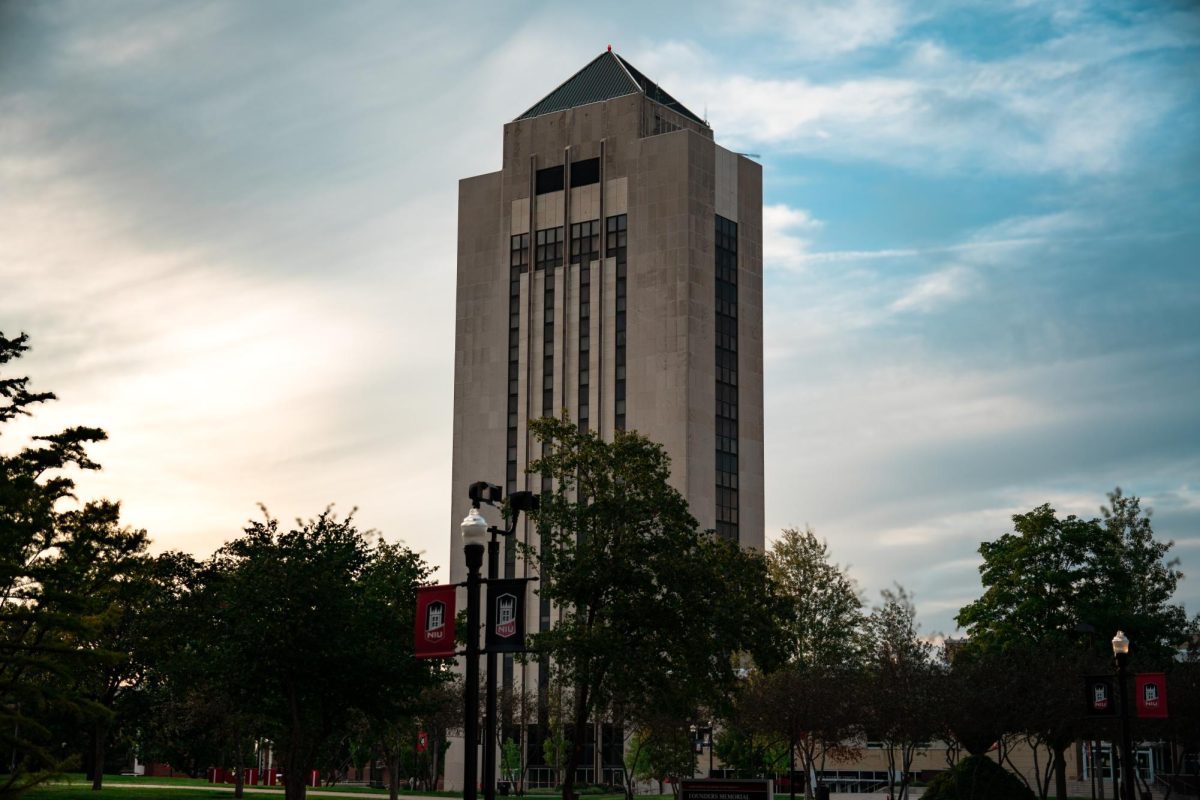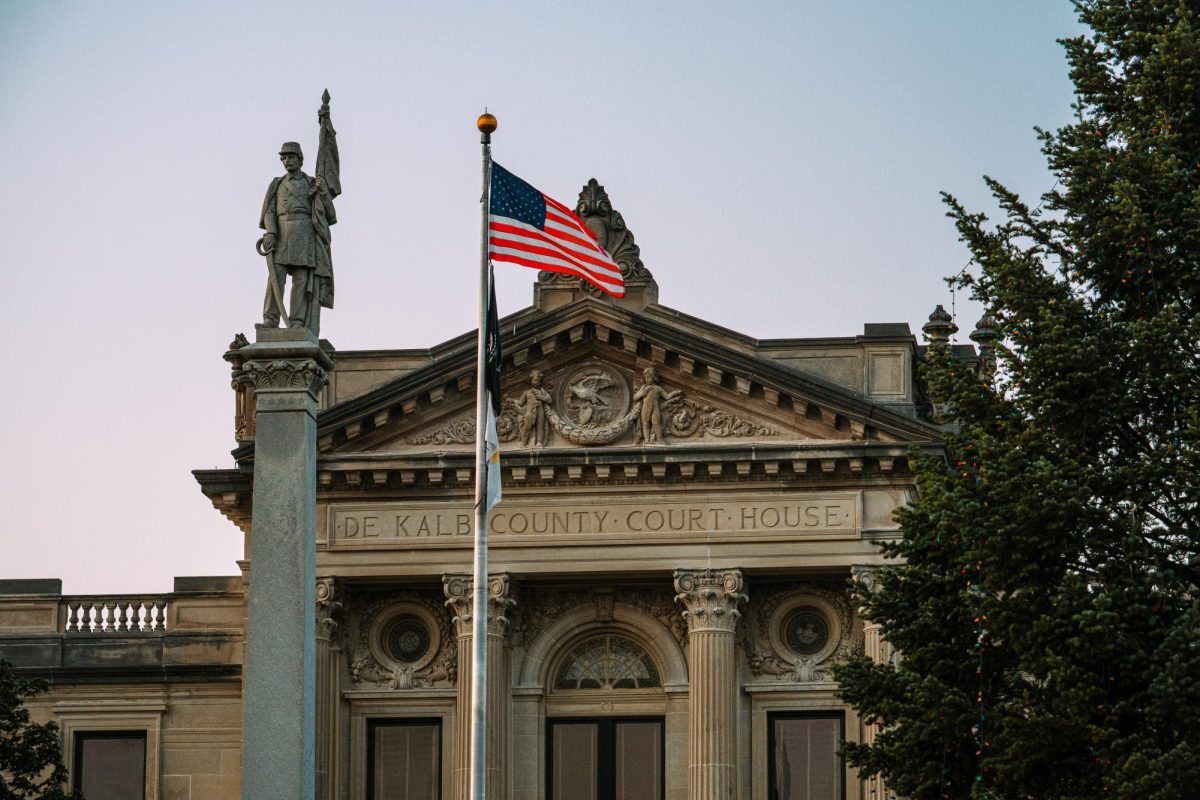DeKALB – City leaders have established a $50,000 emergency fund to assist with the potential increase in migrant arrivals.
DeKalb City Manager Bill Nicklas said the money comes from the City’s General Reserve fund, which is the positive balance at the end of the fiscal year resulting from excess revenues over expenditure.
The decision came after a Feb. 13 City Council meeting where the citizen volunteer group, DeKalb Mutual Aid, asked the city to apply for the Supporting Municipalities of Asylum Seeker Services state grant as part of a long-term solution.
“We have not had a large-scale arrival of asylum seekers,” said Frankie DiCiaccio, a coordinator with Dekalb Migrant Aid. “That doesn’t mean we don’t have people in DeKalb seeking asylum. Many people I have spoken to are comfortable confirming there are asylum seekers, but it’s hard to quantify for a few reasons.”
DiCiaccio says one of those reasons is that specific statutes exempt places like healthcare providers and schools from inquiring and disclosing information about immigration status.
“I see this as an opportunity to raise the floor of care here in DeKalb,” DiCiaccio said. “We see humanity in the folks arriving and want to honor that humanity.”
DiCiaccio hopes people will start to ask what kind of support is needed to meet the demands in these communities rather than becoming a competition for resources.
“One thing everyone can do is learn about our immigration system,” DiCiaccio said. “We could hire more asylum officers and immigration judges. Work permits could be awarded earlier and more quickly so communities aren’t scrambling to support folks.”
City leaders agreed to apply for the next round of SMASS grants at the Feb. 13 meeting, but only if migrants begin choosing to stay in DeKalb. However, Nicklas warns the money may not go as far as people think.
“Because that SMASS money is specifically for people who are in the asylum process and who came over the southern U.S. border after a certain date, that money is tailored and kind of restricted,” Nicklas said.
Nicklas hopes more organizations will offer support and give credit to those who have already answered the call.
“There’s 501C3 corporations that are here to stay,” Nicklas said. “They are serving people in our community, and they have a case management intake system so that people are all treated fairly and equally. That takes some of the pressure off volunteers.”
A 501(c)(3) nonprofit organization, like public charities or private foundations, qualify for federal tax exemption. According to Nicklas, these organizations will focus on providing asylum seekers legal aid, referral and support services.
However, not every migrant is an asylum seeker.
According to Amnesty International, an asylum seeker is an individual who has fled their country due to persecution and grave human rights violations and is seeking protection in another country. However, they have yet to be legally recognized as a refugee and are waiting for a decision on their asylum application.
“The asylum seekers we are focusing on are those people who have crossed the border at some point in the Southwest and have been processed through the Immigration Naturalization Service,” Nicklas said. “They have filled out a form applying for asylum status, and that application may take a year or more to adjudicate in immigration courts.”
According to information shared by the White House, an asylum claim can currently take up to five to seven years to process. However, under President Biden’s newly proposed bipartisan immigration agreement, the process could be shortened to six months.
“National policy is needed that will adjust the way that people are flowing into the country,” Nicklas said. “That’s not meant to be a critical phrase, but the way people are coming through now, is this the policy we want? People wandering across a river they couldn’t get through or under piano wire to get into the country, or do we have a better way?”


